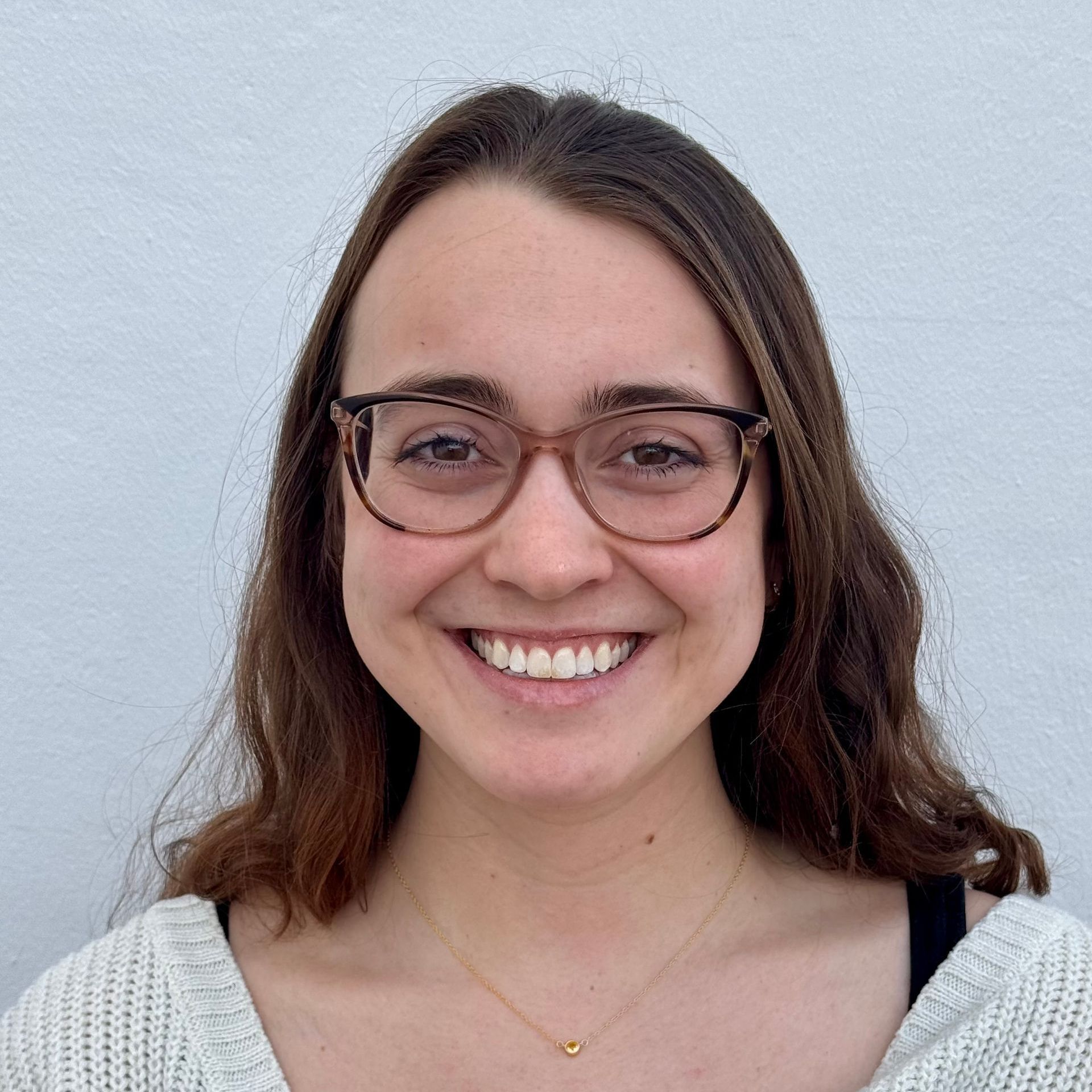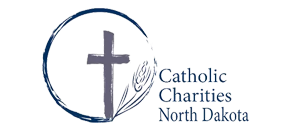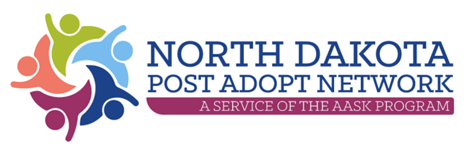Exceptional Adoption Agency in North Dakota
Request Call Back
Hero Request Form
Discover the Journey of Adoption with Catholic Charities North Dakota
At Catholic Charities North Dakota, we are committed to guiding you through the journey of pregnancy, parenting, and adoption services. Since 1923, we have been placing children into permanent homes, dedicated to serving both adoptive parents and birthparents. Whether you are preparing to build your family through Infant Adoption or Intercountry Adoption, we are here to support you every step of the way. We invite you to reach out to our adoption agency in Minot, ND to learn more about our services.to learn more about our services.
Why You Might Need Our Services
Our services are designed to support individuals and families at every stage of the adoption journey. Here's why you might need our services:
- Building your family through adoption
- Exploring options for Intercountry Adoption
We encourage you to get in touch with us to discuss how we can assist you in your unique situation.
Why Catholic Charities North Dakota Stands Out
At Catholic Charities North Dakota, we offer more than just adoption services. We provide a compassionate and caring environment where you can feel supported and understood. There are many reasons why so many people count on our loving adoption agency in Grand Forks, ND. Here's what sets us apart:
- We truly care about our clients and work with you no matter what your plan is
- We are COA Accredited
- We can help with emergencies
Reach out to us today to discover how we can assist you in your journey.
Support Our Cause Through Donations
We are always accepting donations to support our mission. Your donations will help lower the cost of adoption. To learn more about donation programs, click here.
Contact Us Today
At Catholic Charities North Dakota, we are ready to support you in your journey of pregnancy, parenting, and adoption. Don't hesitate to contact us to learn more about our services and how we can assist you. We look forward to hearing from you soon.
Interested in Infant Adoption or Intercountry Adoption?
Contact one of our agency’s adoption social workers to learn more about the adoption process, and follow the link the learn your intercountry rights.

Kris H
Director of PPAS Program, Fargo

Lynzie S
PPAS Social Worker, Fargo

Kristie U
PPAS Social Worker, Minot

Hailey S
PPAS Social Worker, Bismarck
Pregnancy, Parenting, and Adoption Services (PPAS)
Our agency has been facilitating infant adoption and placing children into permanent homes since 1923. We are dedicated to serving both adoptive parents and birthparents. Our friendly and experienced social workers will to assist you in preparing to build your family through adoption. The Pregnancy, Parenting, and Adoption Services program specializes in five types of adoption:
Post-Adoption Resources
Our agency knows that even infant adoption can come with its challenges and we want you to have all the support you need. Whether you’ve adopted from foster care, infant, domestic, or international adoption, or provide guardianship for a youth in your home, we invite you to join the ND Post Adopt Network to connect with others who are also experiencing life after adoption!
Learn More About
Catholic Charities North Dakota
Located in Fargo, Bismark, Grand Forks, and Minot, ND. Catholic Charities North Dakota specializes in adoption services and guardianship facilitiation. Serving North Dakota since 1923. Available for emergencies. COA accredited. Call today.


Share On: